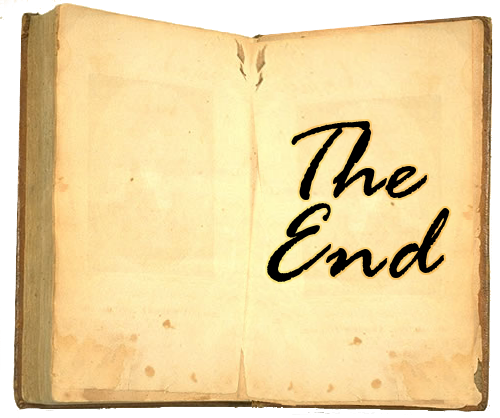Dear Dr. Poetry
An Individual History
Michael Collier
W. W. Norton & Co., July 2012
80 pages
$25.95
Dear Dr. Poetry,
My father died when I was very young and I don’t remember him much. My mom told me that he died doing what he loved—rescuing children from burning buildings. But I recently found out that he worked manufacturing paper and was actually crushed to death by a rogue ream. Can you help me come to terms with this new legacy?
–Certainly Not Telemachus
You know, some may say that paper manufacturers are the unsung heroes of poetry. Take for instance Michael Collier’s new book An Individual History—it’s printed on nice quality paper that was manufactured by someone just like your dad. But more importantly, Collier has a personal history complicated by guilt, anger, mental illness, missed opportunities—all things one might spin or omit from the family chronicle—that can offer you a new perspective.
In one of the most relatable poems, “Cyclops”, the grown speaker reflects on the relationship he and his siblings had with their grandfather, whose “right eye was a frozen slab / of milk-white that never thawed”:
and so we tried
to pass unseen, unknown even as we sharpened
and heated the stake of our own revulsion
and plotted when to thrust the smoldering tip
not into the eye that roved and guidedbut into the one that monitored the smoky,
ice-stung realm inside your skull.
The speaker doesn’t shy away from his regret or his childish fear that the eye would turn him to salt or stone if he looked at it long enough, and candidly asks his late grandfather to “look at us more clearly / with whichever eye condones forgiveness.”
Throughout the book, Collier’s honesty and frankness guide his exploration of mortality and the drudgery that more often than not comprises daily life. In “Necrophoresis,” he shows us that all deaths are handled in the same manner:
In middle age, the domestiques that tidy up
the combs, a few learn to carry out the dead.
Not a universal instinct, although almost all will stop
to lick the corpses, while others walk around or over,
tug or nudge the carcasses short distances and then give up,but the persistent ones will shove the bodies
out the entrance to the landing board.
Sometimes that’s far enough, and other times,
they’re pushed into the littered grass below
or lifted in the air by others and flown off, not very far,
but far enough that when they’re dropped they disappear.
So, while you might feel ashamed that you’re not the son of an epically heroic man, there’s a richness to his life that’s worth at least some of your admiration—if you look hard enough into the ugly eye of it, you’ll see. The speaker in Collier’s book didn’t “make” history, but he lived. His flaws, regrets, and character give color to his life, and that’s the legacy worth preserving.

